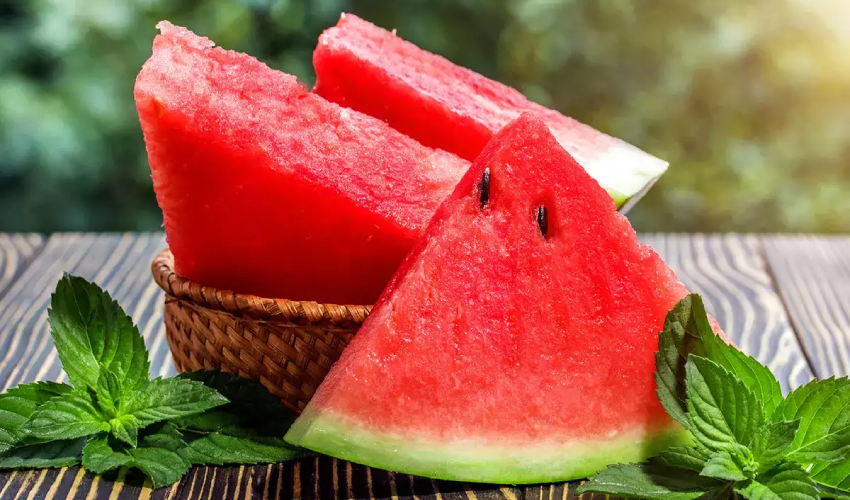With rising cases of high uric acid leading to conditions such as gout, joint pain, and swelling, people often turn to medication for relief.
However, nature offers some delicious alternatives—watermelon being a standout.
Though commonly enjoyed as a refreshing summer fruit, watermelon holds several health benefits that may aid in reducing uric acid levels naturally, making it not only tasty but therapeutic.
Why uric acid rises
Uric acid is formed when the body breaks down purines, which are naturally present in certain foods. While this is a normal process, excessive uric acid can accumulate in joints, causing discomfort and chronic pain. Fortunately, watermelon can help manage this due to its unique nutritional profile.
Hydration boost for kidney function
Containing about 92% water, watermelon supports kidney function by flushing out toxins—including excess uric acid—through urine. This high water content keeps the body hydrated and helps prevent uric acid buildup.
Rich in Potassium
Watermelon is also a good source of potassium, a mineral that helps balance the body’s pH levels. Balanced pH discourages uric acid crystallisation in joints, reducing the risk of gout attacks.
Packed with Anti-Inflammatory Antioxidants
Watermelon contains lycopene and vitamin C, both potent antioxidants known to combat inflammation. These compounds may help reduce joint pain and swelling associated with high uric acid.
A natural detox agent
By enhancing the function of the kidneys and bladder, watermelon acts as a gentle detoxifier, aiding the body in eliminating harmful waste.
Incorporating Watermelon into your diet
- Fresh watermelon slices at breakfast
- Unsweetened, freshly blended watermelon juice
- Fruit salads featuring chilled watermelon cubes
- Enjoying it cold straight from the fridge on hot days
Note: People with diabetes should consume watermelon in moderation due to its natural sugar content.
Watermelon is more than just a summer favourite—it's a natural ally in maintaining healthy uric acid levels. Incorporating it into a balanced diet can support overall well-being and potentially reduce the need for medication.


























